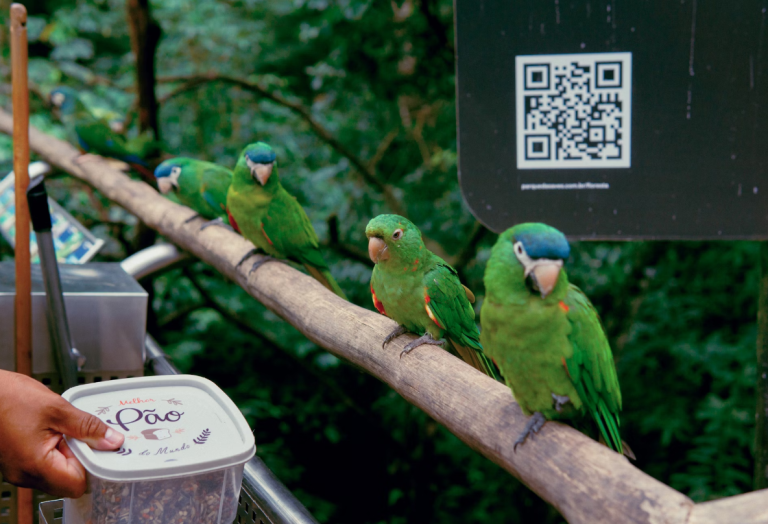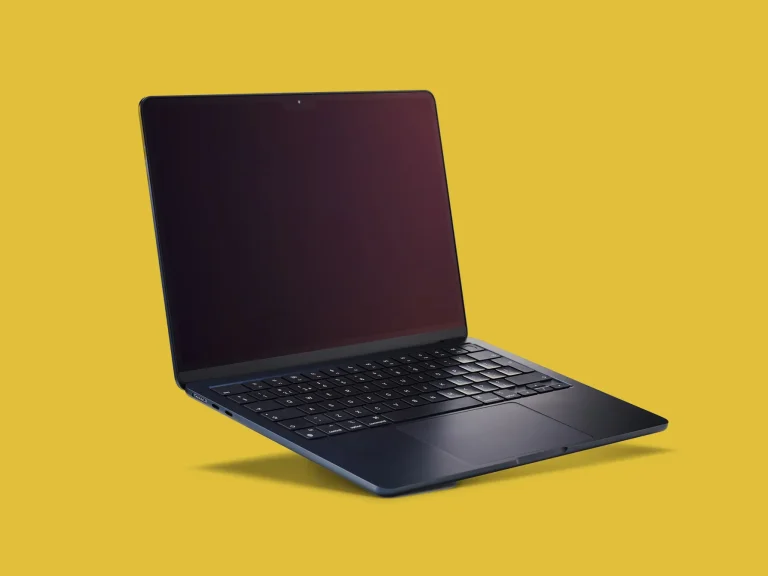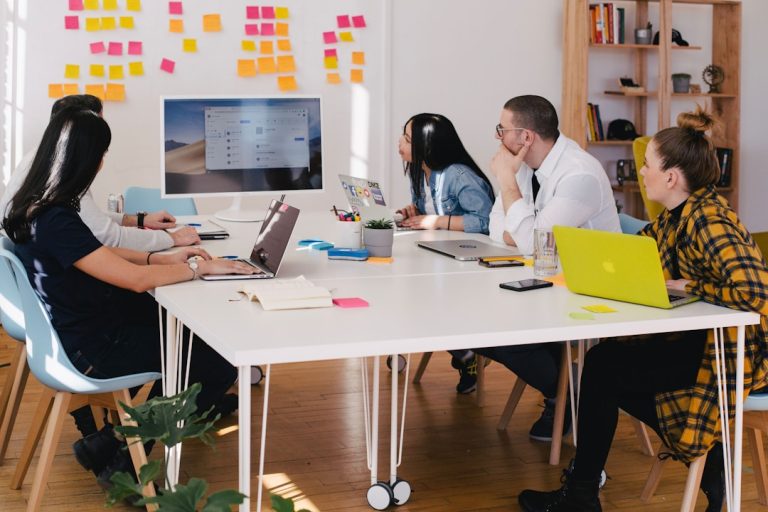Walk into almost any office right now and you’ll hear the same low hum of worry: “Will AI take my job?” It’s not loud, it’s not dramatic, but it’s there—behind watercooler chats, in private Slack groups, in the way people hesitate before admitting they’ve used ChatGPT to finish a report.
The Quiet Fear Behind the Buzz
Companies love to talk about AI as if it’s magic—faster reports, smarter tools, fewer mistakes. But workers see the other side of the story. They worry that once the “efficiency” dust settles, someone will look at the balance sheet and realize fewer humans are needed.
In fact, surveys show employees are already hiding how much they rely on AI, or exaggerating their digital skills just to look safe. It’s less about embracing the future and more about not being left behind.
When Productivity Feels Like Pressure
Instead of freeing people from tedious tasks, AI has created a new kind of pressure. Staffers stay up late learning prompts, running drafts through AI tools, and polishing presentations to prove they can “keep up.” It doesn’t always feel like growth—it feels like survival.
And that survival mindset takes a toll. Workers report higher stress levels, sleepless nights, and constant uncertainty. From marketing teams to customer service desks, nobody feels fully secure.
The View from the Top
Leaders know the anxiety is real, but they’re in a bind. Move too fast with automation and they risk losing trust. Move too slow and shareholders complain they’re falling behind. Some firms now promise AI will “assist, not replace” jobs, and offer training budgets to help employees adapt. But skepticism lingers—especially among workers who’ve lived through layoffs in past tech shifts.
A Generational Divide
Younger employees often see AI as an opportunity, another tool to master. Older staff tend to be more cautious, remembering how previous waves of automation cut jobs. The difference is understandable: AI doesn’t just handle spreadsheets; it mimics human thinking, writing, even creativity. That makes the threat feel more personal.
What Comes Next
AI isn’t going away. The real question is how workplaces adapt. Employees will need to find their “human edge”—skills machines can’t replicate, like judgment, empathy, and big-picture thinking. Employers, on the other hand, will have to be clearer about where AI fits in, and how they’ll protect the people who keep the culture alive.
For now, the office feels like a waiting room—quiet, tense, with everyone wondering if the next big announcement will be about new AI tools… or new job cuts.







